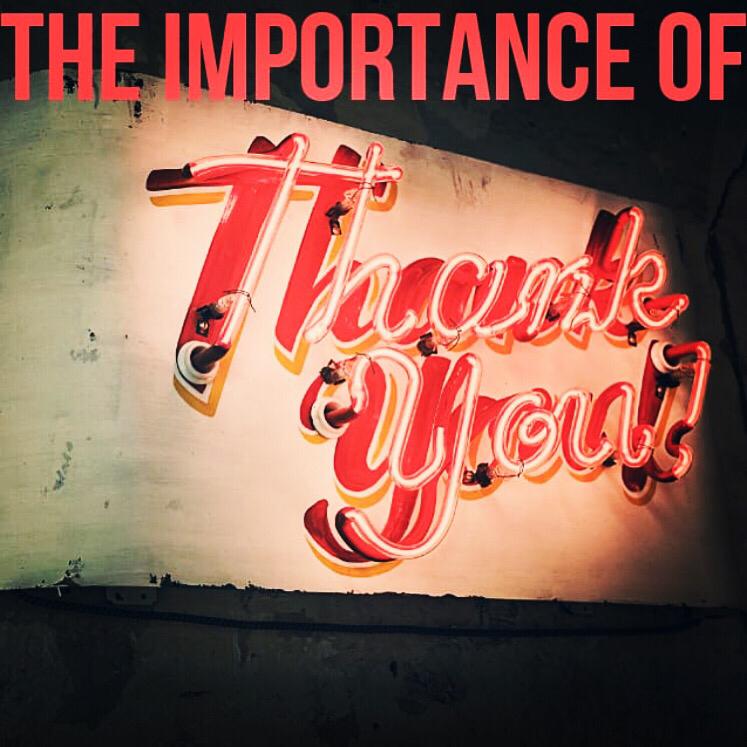Perashat Beresheet 5780
Home > Rabbi's Weekly Message > Perashat Beresheet 5780
Perashat Beresheet 5780
Friday, October 25, 2019 Mum's the word.
Mum's the word.
We are all familiar with the story of Adam and Eve in the Garden of Eden, and of how they were given everything and asked to refrain from only one thing. Somehow even that proved to be too much. There are so many explanations as to what happened and what went wrong. I'd like to focus and draw out one idea.
Adam and Hava hear Hashem approaching, and they hide.
G-d: Where are you?
Adam: I heard your voice and was afraid as I was unclothed, so I hid.
G-d: Who told you that you were unclothed? Did you eat from the forbidden tree?
Adam: The woman you put with me gave me to eat, and I ate.
G-d: What have you done?
Hava: I was tempted by the snake and ate.
Hashem tells each of the three protagonists in the story their punishment, and that's where the conversation ends. There is no response from Adam or Hava.
Pay attention to when G-d tells Adam about his punishment. The punishment doesn't come after Hava eats, or even, after she gives the fruit to her husband. Rather, the punishment from Hashem comes only after this strange conversation.
It seems like this tragic ending of the story only happens because of something in that conversation.
אין לך קשה לפני הקב"ה יותר מכפיית הטובה... לא נטרד אדם הראשון מגן עדן אלא על כפיית הטובה! אף אבותינו במדבר, לא כעס עליהם הקב"ה אלא על כפיית הטובה
(מדרש משנת רבי אליעזר, דף לב)
There is nothing worse before G-d than ingratitude. Adam wasn't chased out of Gan Eden for anything but being ungrateful. So too, our parents in the desert, only angered Hashem by being ungrateful.
Midrash Mishnat Rebbi Eliezer pp32
The Midrash surprises us by stating that the reason Adam was thrown out of Gan Eden for taking the biggest gift from G-d, his wife, and turning her into a liability, making it seem as if Hashem was out to get him and not help him.
Really? He wasn't thrown out for eating from the tree? Our forefathers in the desert, with all of their transgressions, were only punished for their lack of gratitude?
This reminds me of the famous line from the artist Meatloaf, Cause I would do anything for Love. But I won't do that.
What is it that he won't do? Here too, seemingly, all can be forgiven, but not
that.
It turns out that had Adam kept his mouth closed, the world would have been a very different place.
Sometimes, worse than what we've done, is the way we try and fix it. In fact, sometimes the entire test we are faced with in life is less about being perfect than about how we react afterward.
Hashem would not have punished Adam had he said, I'm sorry, or even, I messed up, or, it was too hard. Instead, Adam effectively said, It's not my fault. This wasn't just kicking the blame to Hava. He was actually saying, it's not my fault, it's yours! Had you not given me this woman, this gift, I wouldn't have sinned!
Placing the blame for our actions on the shoulders of the ones who love us the most is a lot more common than you might think. The way it sounds to those who love us is, I'd be better off without your help, or worse still, without YOU. So Hashem did the only thing He could. G-d showed a recalcitrant Adam what He was actually giving him in the most effective and clear way, by taking it away.
So the next time we make a mistake and are asked to own up to it, let's remember the blame game is not the way to go. Instead, recognize that worse than my transgression is the way it makes the other person in the relationship feel about how I see them! Try this on for size and feel, I'm sorry. You mean so much to me and do so much for me, and I really let you down.
I'm willing to bet you won't get kicked out of the Garden of Eden, or for that matter, into your own garden.
Shabbat Shalom,
Rabbi Shlomo Farhi
Feb 26 2026
Adar 9 5786
